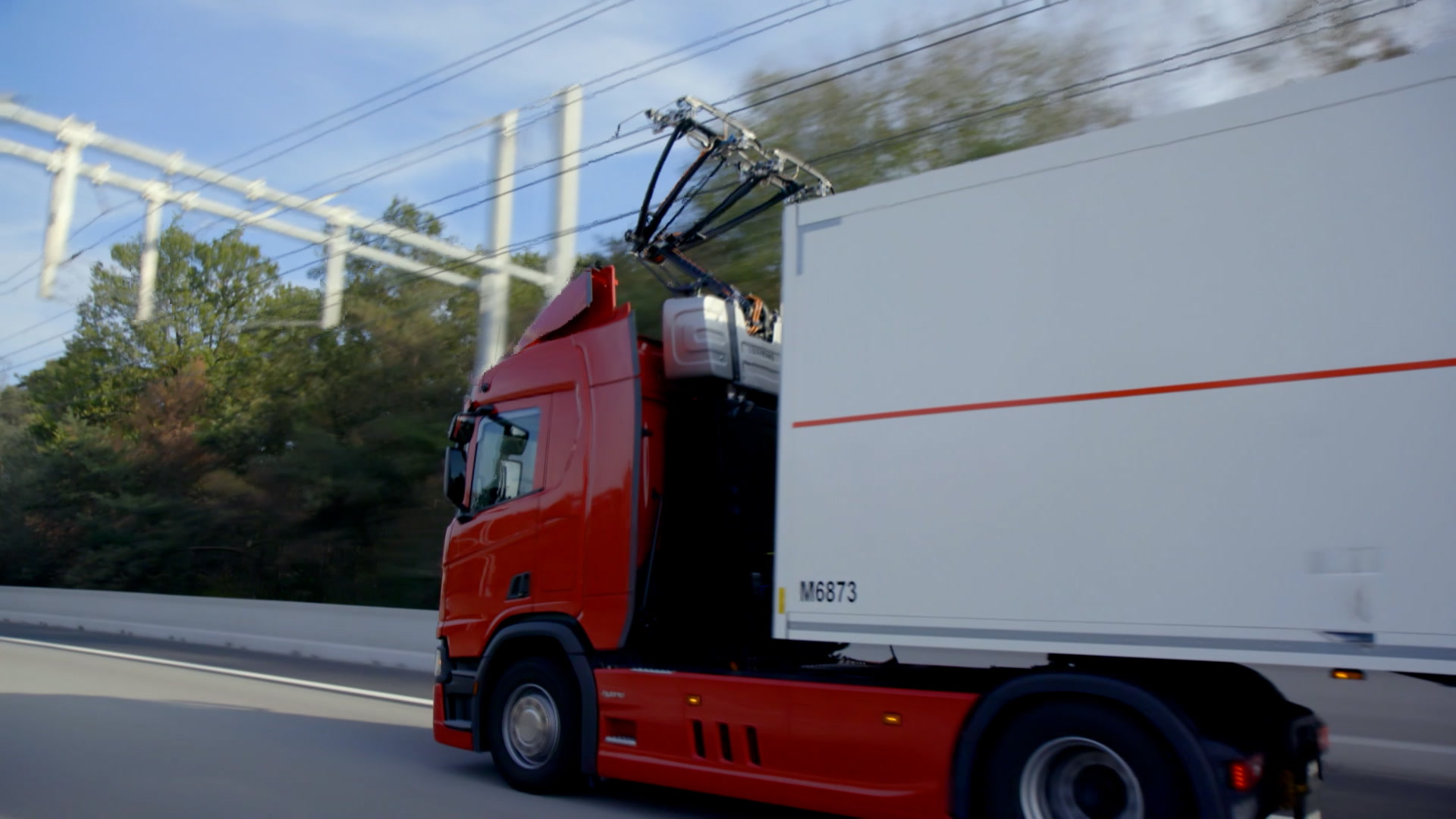How can innovation make mining more sustainable?

Sustainable mining is both a challenge with economic potential. Image: Unsplash/Curioso Photography
- Mining presents a key and underserved sustainability challenge with the demand for metals set to increase along with certain green technologies.
- The Forum's UpLink platform has launched a search for new solutions.
- Leading figures in the field talk to Radio Davos about the opportunities of sustainable mining.
- Listen to the podcast here, on any podcast app via this link or YouTube.
“Whether it's semiconductors or cars or cellphones or the toothpaste that you use to brush your teeth in the morning, it all depends on the mining industry in one way or the other,” says Vivek Salgaocar, director of the Vimson Group and Prospect Innovation. “So if we can actually tackle these issues at the source, we're truly then greening our supply chain. I think that has very, very far reaching ramifications.”
Salgocar is talking about an industry that most of us probably pay little mind to, even though mining provides the raw materials for so many of the everyday things we use. And demand for many mined minerals is predicted to increase – doubling by 2040, according to the International Energy Agency.
That’s why it’s so important for us to meet that demand as efficiently and sustainably as we can and why the World Economic Forum’s open innovation platform, UpLink, is inviting innovators bringing creative solutions to this problem through its Sustainable Mining Challenge.
Megan O'Connor, CEO and co-founder of Nth Cycle – a sustainable metal refining company – joins Salgocar in making the call to action.
Here are some highlights of this Radio Davos episode.
The technology game changer
Vivek Salgaocar: The issue is that because we've been mining for so long, the quality of the deposits of ore, or the ore bodies, as we call it, has gone down because the easy to mine stuff has been already extracted. So the question is, how do you do that in the most sustainable way?
And I believe very strongly that it's technology that can play one of the biggest roles in actually being able to solve that, because if we're able to actually extract in a much more efficient way, that suddenly changes the game in terms of how much of an impact we have on the environment, as well as how much of a social impact we have, which is equally important.
Megan O'Connor: Innovation and technology is the way that we're going to solve a lot of these issues...
Just thinking about the solution that we're building, one of the biggest things I don't want to happen is that we build this new energy economy on a source of materials that adds carbon to the world, into the atmosphere.
Metals from waste
Vivek Salgaocar: If technology is able to extract from ... waste materials in a sustainable way, suddenly a waste product becomes your raw material.
What that means, then, is that you limit the amount of fresh extraction that you need. You limit the amount of geopolitical risk that you have because you're not then dependent on certain countries…
Megan O'Connor: The people that we partner with are people who are recycling ... They collect batteries, they collect different industrial scrap materials like alloys, or anything from the steel industry. And we work with mining companies as well.
... By applying an electrical current to the porous surface that we have inside of our electrochemical cells, we're able to pull out one metal at a time. So it's very selective.
Because we're using electricity to produce the chemicals, it allows us to have a much more modular, scalable system. So instead of having to build out one large centralized facility where you use traditional chemicals, we can shrink that footprint and that size to actually go to where our partners are.
Taking up the challenge
Vivek Salgaocar: What we're trying to do here is pick the [companies or innovators] with the best technology and open doors for them and potentially invest in them and raise the profile for them.
Megan O’Connor: I think all startups who are in this space should absolutely apply [to the UpLink challenge]. I think the resources and connections that this will bring to all the different startups who end up winning this challenge, it's going to be game changing.
Check out all our podcasts on wef.ch/podcasts:
Don't miss any update on this topic
Create a free account and access your personalized content collection with our latest publications and analyses.
License and Republishing
World Economic Forum articles may be republished in accordance with the Creative Commons Attribution-NonCommercial-NoDerivatives 4.0 International Public License, and in accordance with our Terms of Use.
The views expressed in this article are those of the author alone and not the World Economic Forum.
The Agenda Weekly
A weekly update of the most important issues driving the global agenda
You can unsubscribe at any time using the link in our emails. For more details, review our privacy policy.
More on Supply Chains and TransportationSee all
Maria Mexi and Mekhla Jha
April 30, 2024
David Victor and Joisa Saraiva
April 29, 2024
Nick Pickens and Julian Kettle
April 22, 2024
Rida Tahir
April 9, 2024






